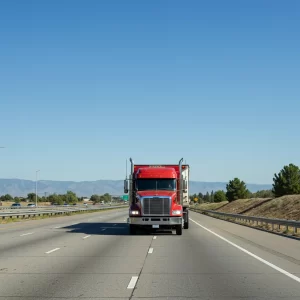
How Do Emission Control Systems Work on Trucks?
Understanding Truck Emission Control Systems | A Driver’s Guide
If you do not register for the California Air Resources Board (CARB) Clean Truck Check Program, it can cause serious problems for truck owners, fleet managers, and freight companies. This program is part of the Heavy Duty Inspection and Maintenance (HD I/M) rules under Senate Bill 210. It makes sure that heavy-duty trucks over 14,000 lbs GVWR follow emissions rules. Not registering means your vehicles cannot take part in semi-annual or quarterly testing, like the Periodic Smoke Inspection Program (PSIP), Portable Emission Acquisition System (PEAQS) checks, or SAE J1667 Smoke Opacity Tests for diesel trucks. OBD-equipped trucks that are not registered cannot report data through TRUCRS or DOORS, which can lead to fines, blocked California Department of Motor Vehicles (DMV) registrations, and trouble with proving fleetwide compliance.
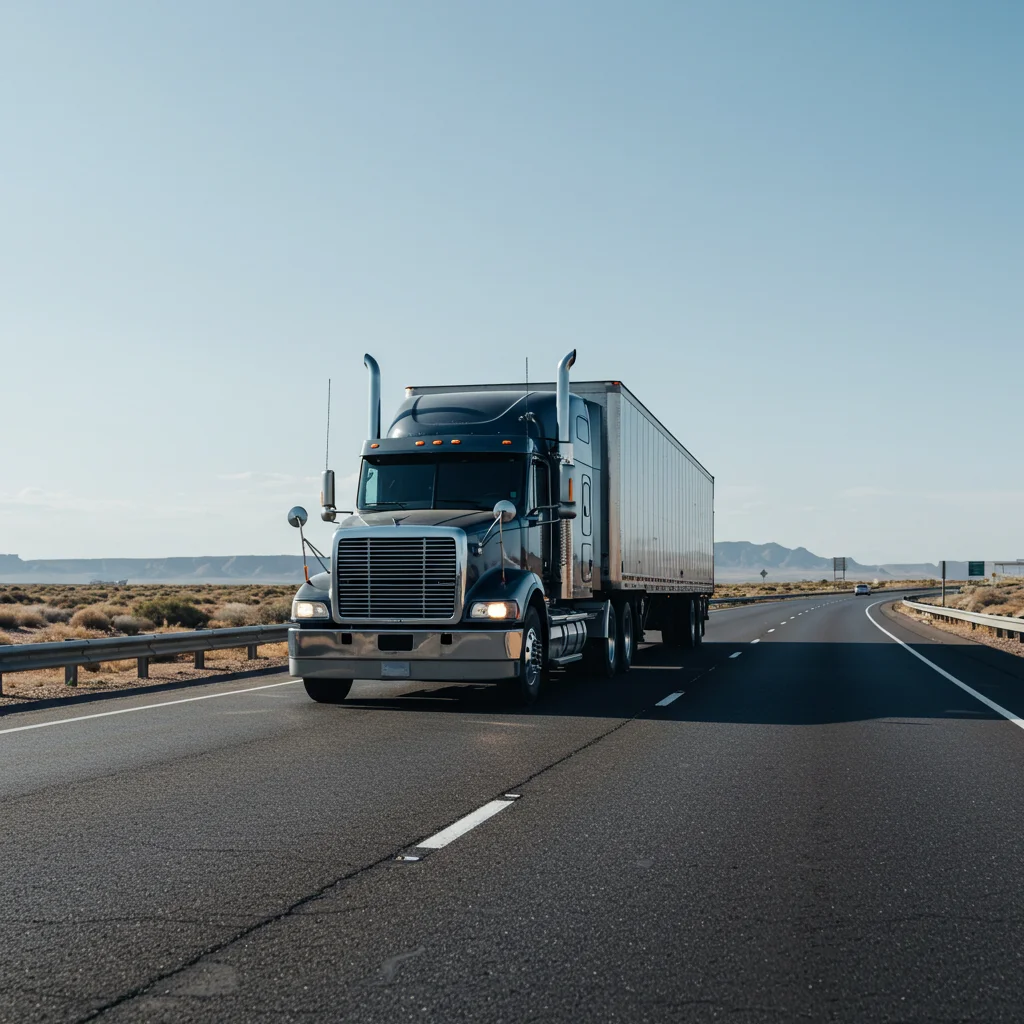
Not registering a truck in CARB’s Clean Truck Check Program puts your business at risk in many ways. Diesel trucks, alternative fuel trucks, and OBD-equipped vehicles may not be allowed to take semi-annual or quarterly tests. Missing registration also stops you from sending vehicle data through CTC-VIS, including bulk uploads and VIN checks. Small fleets, low-use trucks, or PNO-registered vehicles are at extra risk because non-compliance can bring fines, DMV holds, and problems showing fleetwide compliance. Learn more about Clean Truck Check In North Elsinore, CA.
Skipping registration can bring serious legal and money problems. Each unregistered truck can get daily fines, and DMV registration can be blocked, making the truck illegal to drive in California. Civil penalties may also apply, and repeated violations can cost even more. Freight companies or brokers may face audits or lose contracts if trucks do not follow Heavy Duty Inspection and Maintenance (HD I/M) rules. Compliance fees for each truck, missing a Five-Day Pass for short-term operation, and inspections by credentialed testers can make non-registration very expensive. Learn more about Clean Truck Check In North Palm Springs, CA.
If trucks are not registered, fleet operations can be disrupted. Unregistered vehicles cannot be included in CTC-VIS reporting. This stops bulk vehicle uploads, VIN checks, license plate verification, or updates to engine fuel type. Partial Year Registration (PYR) and leased vehicle reporting become complicated. Trucks that miss semi-annual or quarterly tests, including diesel, OBD-equipped, or alternative fuel vehicles, can cause scheduling problems. Missing registration can also block DMV registrations, which stops trucks from legally driving in California. Learn more about Clean Truck Check In North Shore, CA.
If a truck is not registered, the operator can face many penalties. Daily fines are charged for unregistered vehicles. Credentialed testers may issue civil penalties during audits. DMV registration can be blocked, which stops the truck from operating. Diesel trucks, OBD-equipped trucks, and small fleets are all affected. Unregistered trucks can also get Notices of Violation during field inspections or through automated license plate reader (ALPR) cameras. If you do not get a compliance certificate or show fleetwide compliance, fines and restrictions can be even worse. Learn more about Clean Truck Check In Nuevo, CA.
Some vehicles do not have to register for Clean Truck Check. Zero-emission trucks, gasoline vehicles, emergency vehicles, military tactical vehicles, motorhomes registered outside California, historical vehicles, and vehicles with experimental permits are all exempt. But low-use trucks and small fleets still have to register. Even one diesel or OBD-equipped truck without registration can get fines. Knowing the exemptions helps operators avoid fines while still following CARB rules. Learn more about Clean Truck Check In Oasis, CA.
If you missed registration, you can fix it. Update your vehicle info in CTC-VIS, including VIN, license plate number, GVWR, engine type, make, model, and model year. Large fleets can use bulk uploads and edits for entity accounts, sub-accounts, and location admins. Schedule semi-annual or quarterly tests with credentialed testers using CARB-approved OBD devices, smoke opacity meters, and emissions detection systems. Remove or deactivate PNO or out-of-service trucks, get a compliance certificate, and show fleetwide compliance to make your trucks legal to drive again. Learn more about Clean Truck Check In One Hundred Palms, CA.
CARB, credentialed testers, and the California DMV check that trucks follow Clean Truck Check rules. Field inspections, telematics, and automated license plate reader (ALPR) cameras find unregistered trucks. Shippers, brokers, and auditors also make sure fleets follow Advanced Clean Fleet (ACF) rules. Diesel, OBD-equipped, and alternative fuel trucks are checked with emissions detection systems and semi-annual or quarterly tests. These rules make sure trucks meet HD I/M and Senate Bill 210 standards, helping public health and safety. Learn more about Clean Truck Check In Ordway, CA.
Trucks that are not registered hurt California’s environmental goals. Diesel, OBD-equipped, and alternative fuel trucks that skip tests make more NOx emissions, particulate matter, and greenhouse gases. This delays public health improvements. Proper registration lets fleets take part in emissions testing using telemetry, telematics, and Portable Emission Acquisition System (PEAQS) tools. Compliant fleets reduce fuel use, save money, and help CARB reach its pollution reduction goals. Learn more about Clean Truck Check In Pachappa, CA.

Understanding Truck Emission Control Systems | A Driver’s Guide
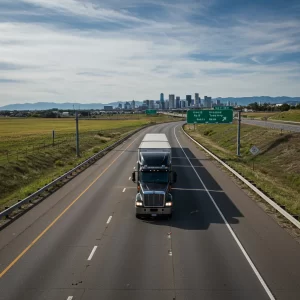
What is the Lifespan of Truck Emissions Components | Guide to Durability and Replacement
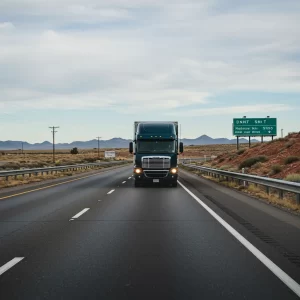
Are New Diesel Trucks Reliable with Emissions Systems | What You Need to Know
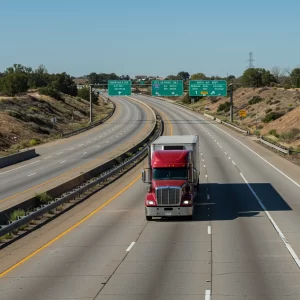
Truck Emissions Maintenance | How to Reduce Pollution and Boost Efficiency
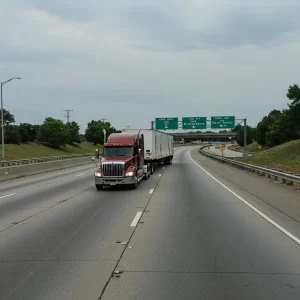
Reduce Truck Emissions | Practical Ways to Lower Your Carbon Footprint
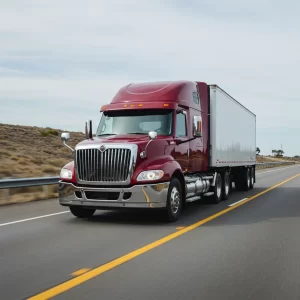
What Causes High Diesel Emissions | Key Factors You Need to Know